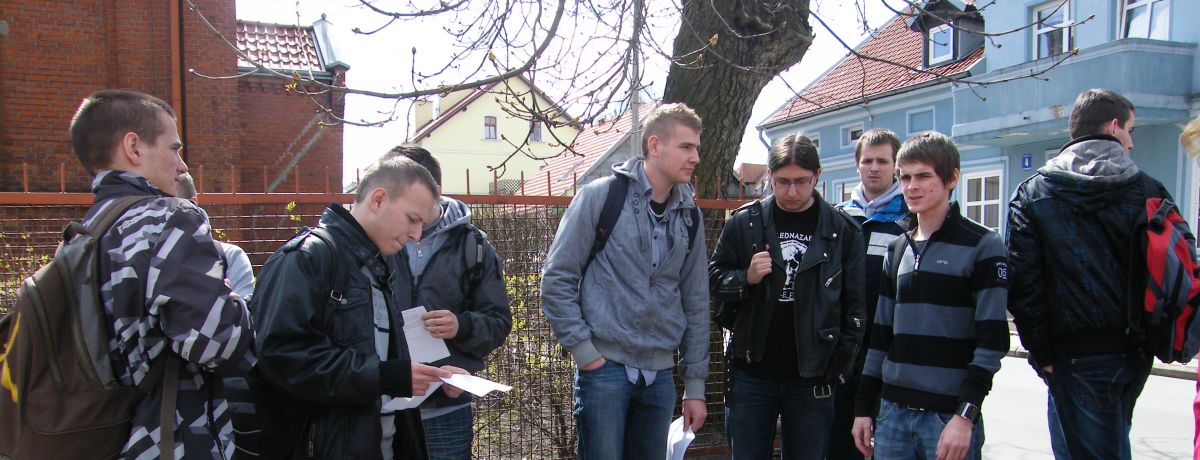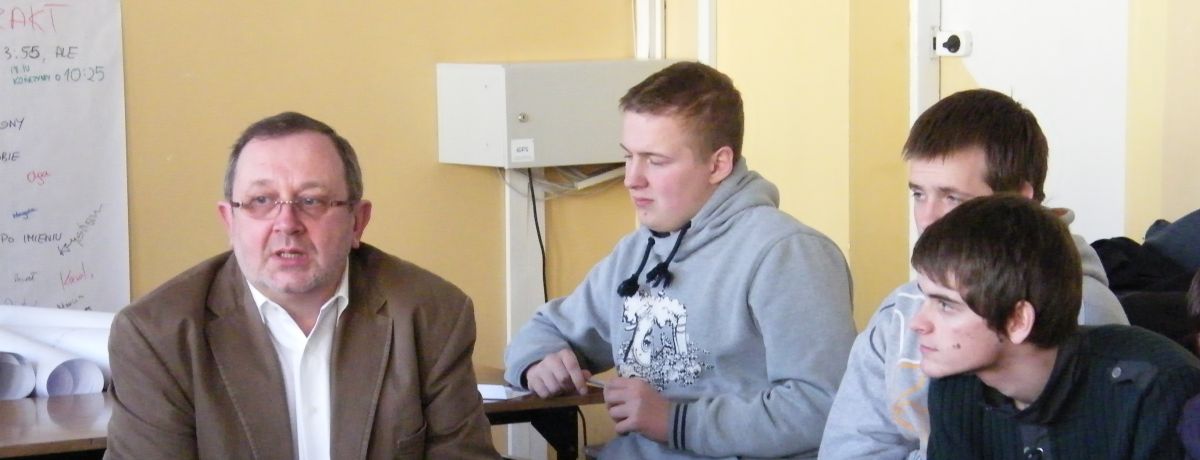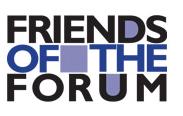| 2012 |
Mrągowo
Vocational School Complex


| 2012 |
In 1939, on the eve of the outbreak of World War II, there were no Jews left neither in Mrągowo nor in the entire “powiat” (county) that at the time was part of Germany. All of them had fled the previous year, after the Kristallnacht of November 8th. The synagogue on Roosevelta Street was looted, windows were broken in Jewish homes – mostly on Żeromskiego Street near the main square, where the majority of Jews lived – and their belongings were scattered on the pavement. Most of them sought refuge in Berlin, but soon after were deported to camps in Auschwitz, Treblinka and Trawniki or ghettos in Terezin (Theresienstadt), Warsaw, Łódź, Minsk, Riga and Piaski. Holocaust survivors include members of the Bütow (Bitov), Edelstein, Eisenstadt, Reissman, Schlochauer, Schmal and Schulz families. And to think that 230 Jews lived in Mrągowo in 1871, and 220 in 1905.
Students from the Vocational School Complex had the opportunity to learn about Mrągowo’s Jews, their history, culture and fate from Forum educators through the School of Dialogue program.
The young people were eager to rediscover a number of places related to the Jewish community in their town. The Jewish kehilla was established here in 1847. The last rabbi of Mrągowo lived in a tenement on Ratuszowa Street, where he also managed a store.
The Jewish cemetery was located at the intersection of today’s Brzozowa and Mrongowiusza streets. It was founded in 1859 next to the Catholic one. The plot for the necropolis was donated to the local Jews by Justyna Timnik, the mayor’s widow. However, in 1936 or 1938, the Jewish cemetery in Mrągowo was destroyed by the Nazis, who planted explosives around the tombstones of the most distinguished Jews in the town. Although the cemetery survived the war, it was closed down shortly afterwards, in 1947. No matzevah has survived. Today, the former Jewish cemetery has given way to a dry-cleaners and a parking lot.

Students often reacted with disbelief upon hearing all the information, which was new to them. The same happened with the story of Wera Lechtman, a doctor from Mrągowo, who left the town following the anti-Jewish campaign leading up to the March 1968 events, as told to the students by Paweł Długoborski. Her story was described by Teresa Torańska in the book “Jesteśmy. Rozstania ’68” [We Are. Partings of 1968]. Perhaps guided by curiosity, perhaps by the lack of acceptance for the encountered state of affairs, students became very involved in the preparation of the final project for the School of Dialogue workshops.
Under the supervision of educators, they worked on a walking tour following the traces of Mrągowo’s Jews. They wanted to introduce the invited guests to the history of this community, its presence in the town, relations with the Poles, the reasons why Jews settled in Mrągowo and hastily left the town. The walk began on Jana Pawła II Square.
This is where Jewish houses stood before the war, but only the Rabbi’s House survived. Then, everyone moved to the building of the former Synagogue. Today, there is an Orthodox church here, but the priest allowed the group to enter and see the interiors. The walk ended where the Jewish cemetery used to be. Students appealed to the Mayor to commemorate this place. An exhibition of photographs showing the presence of Jews in the town was also organized in cooperation with the local library.
The walking tour was attended by the headmaster of the Vocational School Complex in Mrągowo, Paweł Długoborski, history teacher Ewa Gudaniec and history teacher from the School Complex No 2 together with students. Planeta.fm radio also became interested in the project and prepared a report on the activities undertaken by the students of the Vocational School Complex in Mrągowo.
Being able to see the difference of other cultures enables us to see their uniqueness, but it is also important to see the similarities. These workshops helped students break with the stereotypes, showed them that Jews are like us … These meetings will definitely have a positive effect on students!
Workshops participant
I wish we had more classes like that, devoted to other nationalities as they are built in a way that really expands your knowledge. Before the program, I viewed Polish Jewish minority negatively. The workshops made me realize that do not differ from the Polish Catholic population.
Workshops participant

School:
Vocational School Complex
Students:
2nd and 3rd year students
Teacher:
Ewa Gudaniec
Expert:
Paweł Długoborski
Educators:
Olga Głowacka, Magdalena Ogieniewska
School of Dialogue program in Mrągowo was made possible by the support from NANCY and CHRISTOPHER WINSHIP.
In appreciation to Friends of the Forum for supporting the School of Dialogue educational program.
